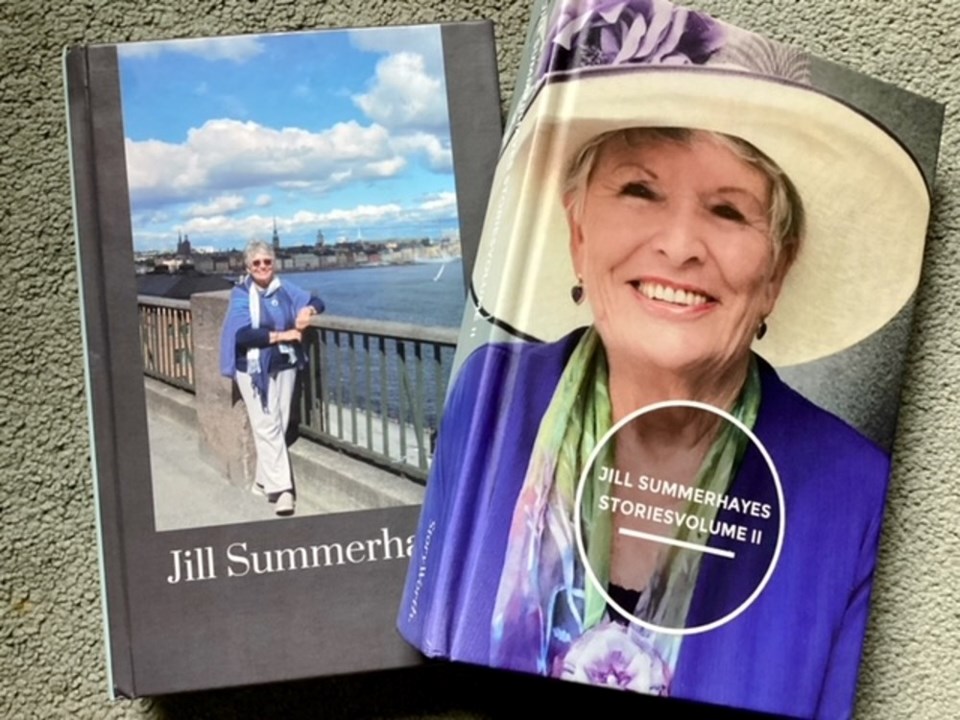For centuries, storytelling, the most ancient art form, has been part of humanity. During this time, it has undergone many changes from oral, to printed, to digital, yet the basic premise remains the same. It is without doubt the oldest form of communication.
In bygone days, those living in caves would share stories at night by roaring campfire as a prime form of entertainment.
It is a tool for teaching history, for sharing morality and spirituality. Even the stories in the bible were passed down verbally for years before being printed and so are open to various interpretations. Some other stories, often embellished, and exaggerated became myths and folklore as told in many countries today.
A story helps illustrate a point much better than a set of facts, it gives people a reason to care about what you’re saying. Readers identify and relate to the characters, the actions, and the lessons learned which leads to better retention of the information shared.
During the pandemic I joined the Women’s Probus Club of Cambridge. After being a guest speaker at their first monthly Zoom meeting, invited by member Janet Huber, I later joined the group. Over the course of the following years, they had some excellent speakers, which I greatly enjoyed and at a time of social distancing I greatly enjoyed their Zoom fellowship.
Once life was back to meeting in person again, I found I could not manage all the commitments I had, so I resigned, but missed many of the members.
After I had left, Janet, the Probus club’s program coordinator, took me to lunch. During our animated conversation she asked how I managed to find such a variety of different subjects to write about twice a month for Cambridge Today.
I had never really thought about it, my answer was because my column was titled Piece of Mind, it was precisely that, a piece of whatever I was currently thinking about.
Janet then asked if I would consider returning as a guest speaker in person, to share that information. I did, so last month at their March meeting I was the speaker, the subject was storytelling.
I put some thought into this, having been a frequent guest speaker over the years to a variety of groups on various topics; the arts, the history of canes, dealing with grief, spousal abuse, but never one about storytelling. This naturally led to some research about stories.
We all have stories within us, our lives are a collection of stories, the difference is in the way we deliver them.
For some it comes easily and naturally, they are gifted raconteurs.
The best know how to edit out unimportant details that don’t advance the story, how to leave in detail that “show” the listener, not just “tell” the story.
For others it can be a struggle. They may be apprehensive about being judged, so they feel vulnerable and shy away from the process. But that does not mean they don’t have an interesting story to share.
My matriarchal great grandmother, my grandmother, and my mother too were all excellent storytellers. I think some of it passed down.
The verbal telling of stories can bring the story to life in a way the written word cannot. I had fun at Probus, but the greatest treat was in listening to others tell their stories for the event encouraged members to share some of their past.
Podcasts have become popular for that reason. Listening to the story verbally has more of an impact. As some of you who read my column regularly may recall, during COVID I enrolled with StoryWorth, an online site that each week for a year sends you a thought-provoking question you respond and answer it or change to one of your own choice.
At the end of the year, they turn it into a hardback book.
I put together a collection of family stories including many personal ones from my life, to leave as a legacy for my children.
Often it is not until our children are mature adults that they even care about stories from their ancestry. All too often by the time they wish to know something the parent has died, and the stories died with them.
StoryWorth has thousands of members and has turned some of the stories, with the permission of the author, into podcasts, so I’ve been honoured to share two of mine.
Recently our local historian Paul Langan, with the support of Fuse Charity, has compiled a book of Cambridge authors’ stories which will be released on June 14, the date of the Cambridge Celebration of the Arts.
A very appropriate addition titled “It came from Cambridge,” Short stories from the people who live here is currently being edited so watch for more complete information to come in May.
Storytelling is here to stay; it enriches our lives, so share yours and listen to others tell theirs.
We all have strengths, and weaknesses and make mistakes and the sharing of our stories bring us closer to others as they identify with their own lives.



